Baby Sleep Patterns and What They Indicate

An infant’s sleep patterns fluctuate from when they arrive home the first night to their first birthday. Parents shouldn’t worry if their newborn’s sleep patterns don’t match regular projected sleep cycles. The first four months vary widely as your baby grows and learns to adapt their sleep cycle to their environment—even in the noisiest. However, you should regularly inform the pediatrician of the infant’s sleep patterns, especially if it interferes with eating throughout the day. Here is a guide to enhance your understanding of baby sleep patterns and what they indicate.
How Does a Baby Sleep Compare to Grown-Ups?
Sleep cycles in babies and adults get compared a lot, but there’s no straightforward way of understanding how infants sleep compared to grown-ups. When infants are around six to 12 months, they can keep themselves awake if something interesting happens in their surroundings or there’s excessive noise. But at that point, they can sleep about 13 and a half hours a day.
Newborns, meanwhile, sleep longer; on average, a newborn sleeps up to 18 hours a day, whereas grown-ups slumber for six to eight hours. These hours can fluctuate for new parents, but they should still get a good amount of sleep with a new baby.
When Does a Baby Develop an Adult Sleep Pattern?
Newborns sleep for about 18 hours a day, but as they grow, their cycles may shift to sleeping longer at night and less during the day. Babies don’t develop adult sleep cycles right away because they don’t know what time is until they get into the routine of sleeping on a schedule.
So, don’t get upset if the baby doesn’t sleep throughout the night; it takes time to get their sleep patterns on schedule with yours. You can tell if your infant’s sleeping well based on how they wake up—cranky means they need more sleep; content means they’re well-rested.
How Much Sleep Do Parents Need With a Baby?
Sleep is essential. Sleep is another way to recharge us for the day ahead. New parents may not know that sleep is essential to their health. Take care of yourself, and aim to get five to six hours of sleep a night.
New parents typically lose sleep; on average, they lose about 109 minutes of sleep a night during the first year with a baby. How can you manage sleep better with a newborn? Follow these tips for a better night’s rest so you’re ready to take on the day again:
- Start practicing a sleep routine now.
- Create a list of helpers, including family members within a 15-minute radius of you.
- Avoid bringing your work home.
- Take turns with your partner, and take time for yourself.
Newborn Sleep Patterns
So, a more in-depth question would be, what are the sleep patterns of a newborn? Remind yourself that newborns aren’t all the same—this is especially true if your baby is premature. Preemies tend to have more problems sleeping due to trouble breathing. Preemies may struggle to sleep through the night until they’re at least eight months old.
On average for newborns, they sleep eight to 18 hours a day. During that time, newborns wake up in spurts for changing and feeding—this is common until three months of age. Babies won’t fully understand how night and day patterns work until they’re about six weeks old.
The best tricks to help the baby sleep more are exposing them to sunlight and playing with them in the morning—this registers to them that it's daytime and the time to be the most active. When nighttime falls, settle down and create a quiet environment.
How To Help Premature Babies Sleep Through the Night
Just like the average newborn, a premature infant also needs sleep training. The first step to helping a baby sleep through the night is to get as much natural sunlight during the day as possible. Even if you’re trying to help them sleep during the daytime, keeping the curtains drawn slightly lets more sunlight trickle through the window.
When feeding at night, don’t make too much noise, and reduce artificial lighting. Lay a preemie on their side for better sleep, reducing breathing problems. Speak with your doctor if you’re unsure of the best sleep position for your infant.
Don’t trust that your preemie will sleep on a regular cycle like a full-term infant. You need to go based on their age development, as a six-month-old preemie may sleep like a two-month-old. Keep a record of sleep patterns in your infant and report the progress to the doctor.
Sleep Patterns Between Three and Six Months
When your infant turns three months, they may regularly take two-hour naps three times a day. Up to six months, they may sleep anywhere from 14 to 15 hours a day, many sleeping through the night. Still expect your baby to wake up during the night; ensure you track how many times the baby wakes throughout the night because there could be something affecting their sleep cycle, such as sickness.
How a Six to Twelve-Month-Old Sleeps Through the Night
Six to 12-month-old babies have similar sleep patterns to their parents; they know when to wake up and fall asleep. At this point, you should avoid weaning them off naps as it can result in crankiness before bedtime. Naturally, babies reduce naptimes to about two a day, lasting for about an hour or two.
Furthermore, a baby starts developing attachments at this age, worried they might lose sight of their parents or anyone else they recognize. Before five months, start separating your baby from yourself by giving them their own room. A separate bedroom creates independence in infants, thus allowing them to fall asleep alone without fussing and avoiding sleep until the parents return.
What Do Sleep Patterns Look Like After 12-Months?
After 12 months of age, infants have developed their full sleeping patterns. There might be some disruptions, still, but they’re not as frequent. Toddlers are independent sleepers, knowing when to wake and sleep, and their naps are down to one a day for about an hour.
What Does a Baby Need for Adequate Sleep?
Babies should have a comfortable bedroom to sleep in. They need something peaceful, not overwhelming. Limit the amount of lighting, toys, and activity in the room. Babies learn when to settle down around six weeks old. If you don’t help babies recognize when to settle down, they can have a rocky start in their development.
When creating the bedroom, focus on painting the walls with calming colors, like purple, blue, and yellow. Don’t overdo it with light-up or loud decorations and toys. Keep everything simple, including the crib. Your crib should only consist of a fitted mattress, soft sheet, and the baby—nothing more and nothing less.
It is essential to learn your baby’s sleep patterns, even when unsure of what they indicate. You may need to adjust the activity throughout the day and night if there are poor sleeping patterns. Sometimes poor sleep patterns happen from adaption difficulties. Since babies feel attached to their cribs, it would be wise to get a natural wood nursery set that grows with your child. Help your child sleep better at night with fantastic wooden nursery sets from Simply Nursery.























































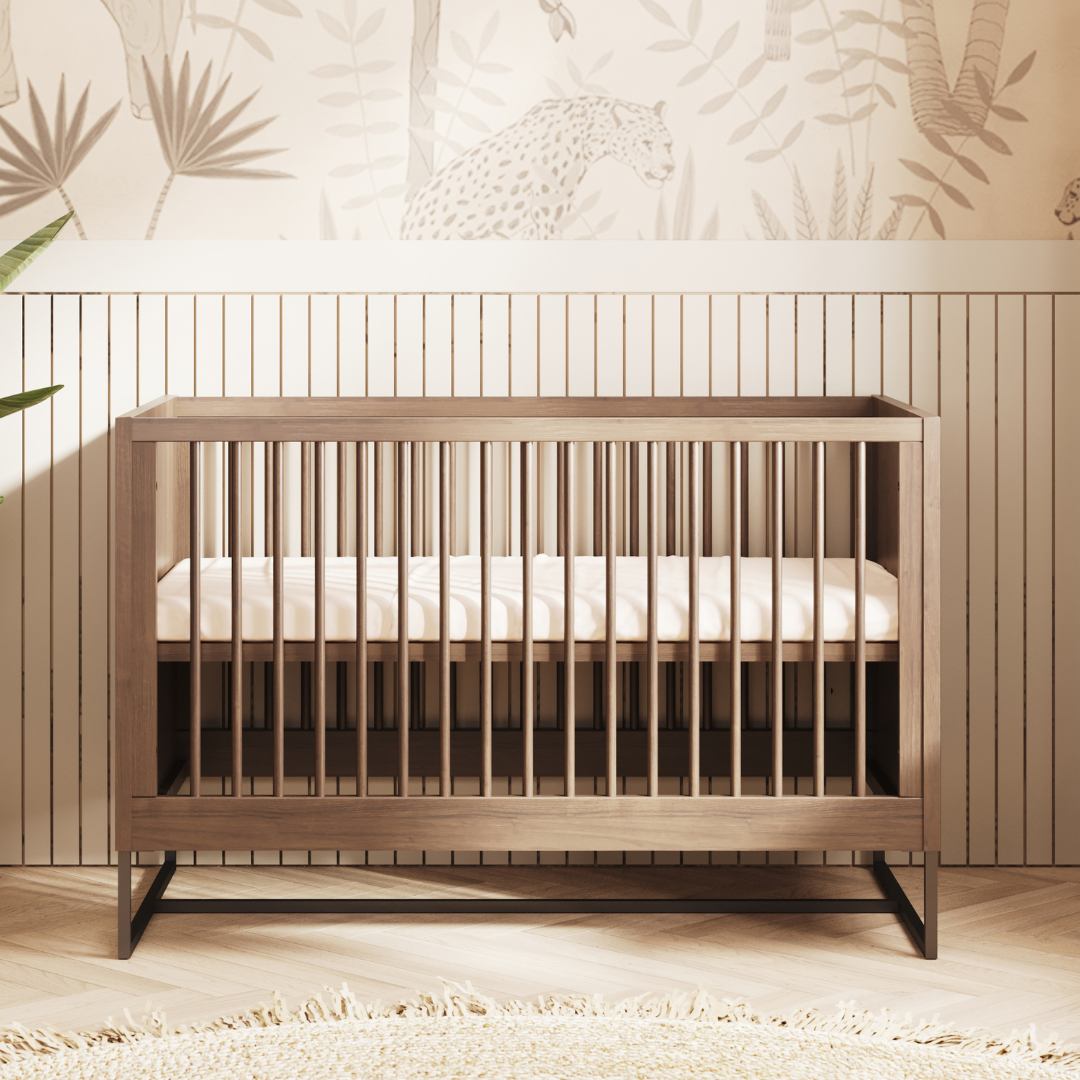
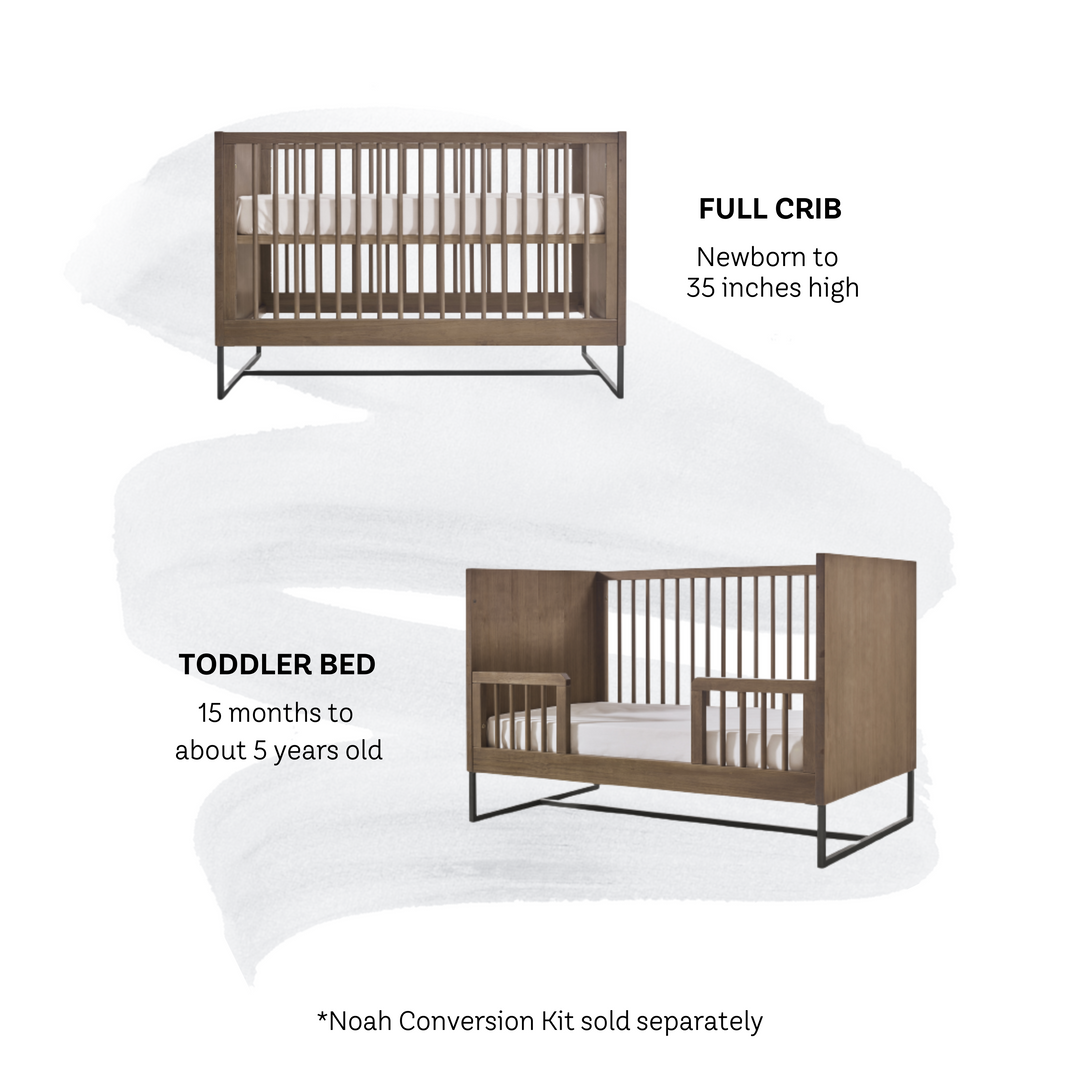
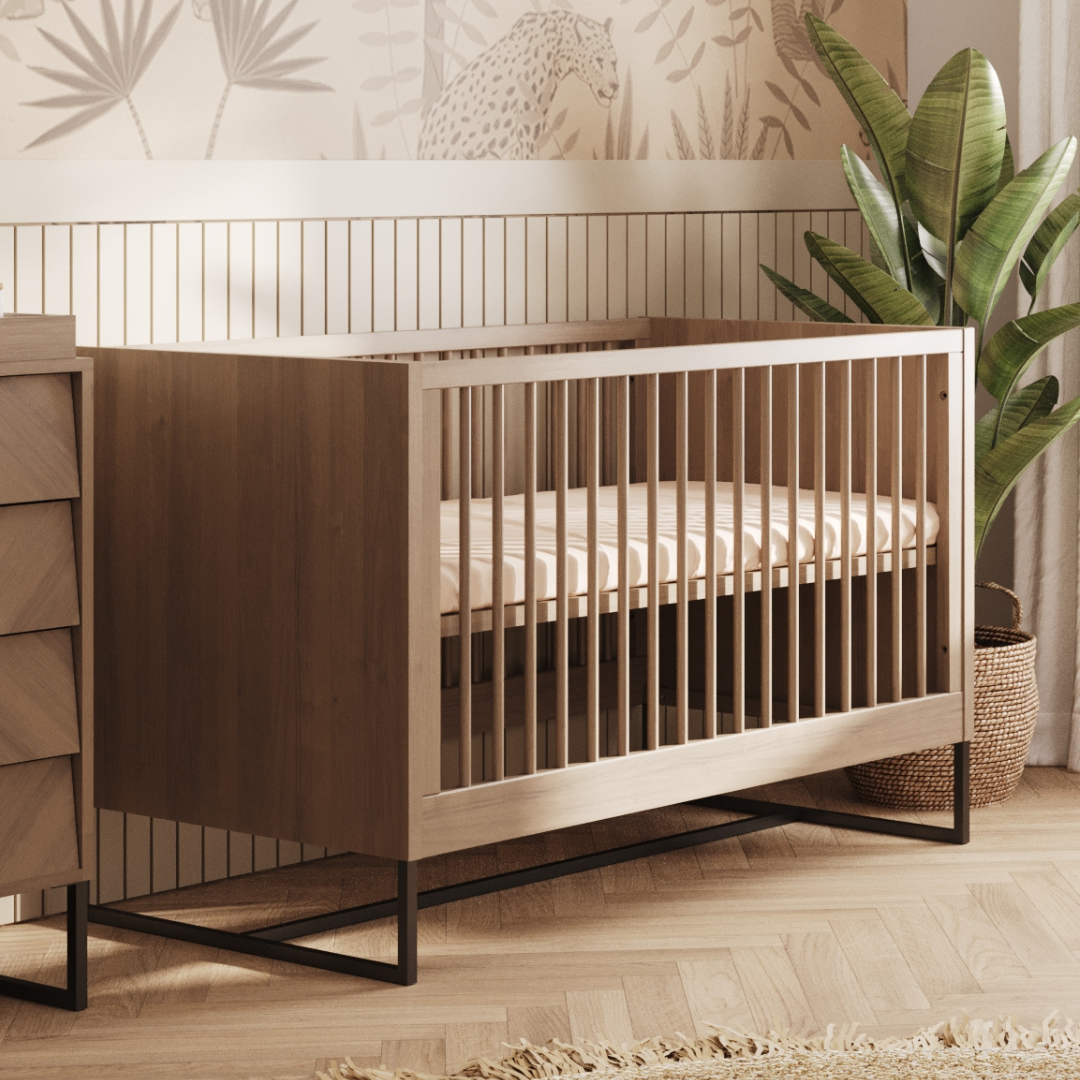

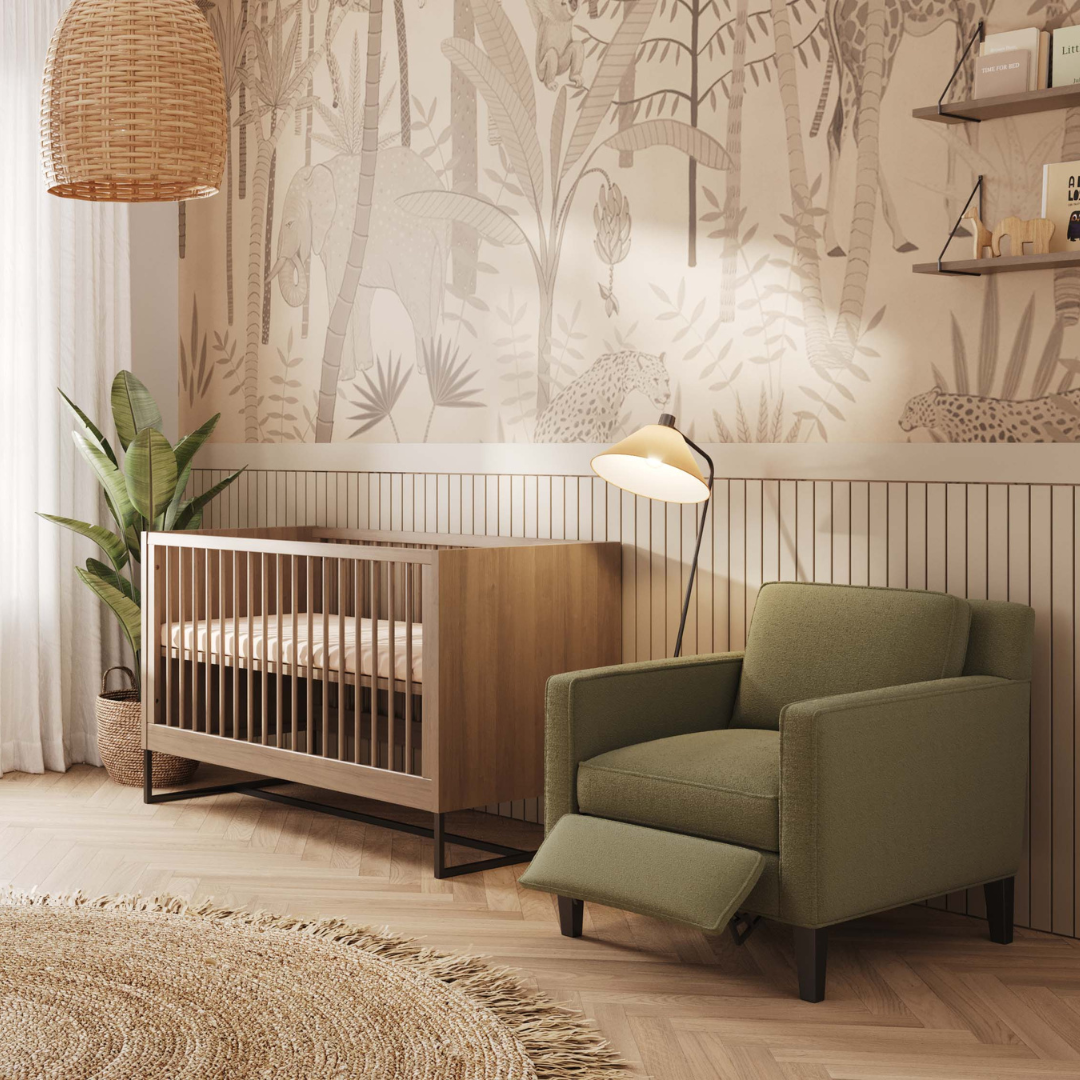
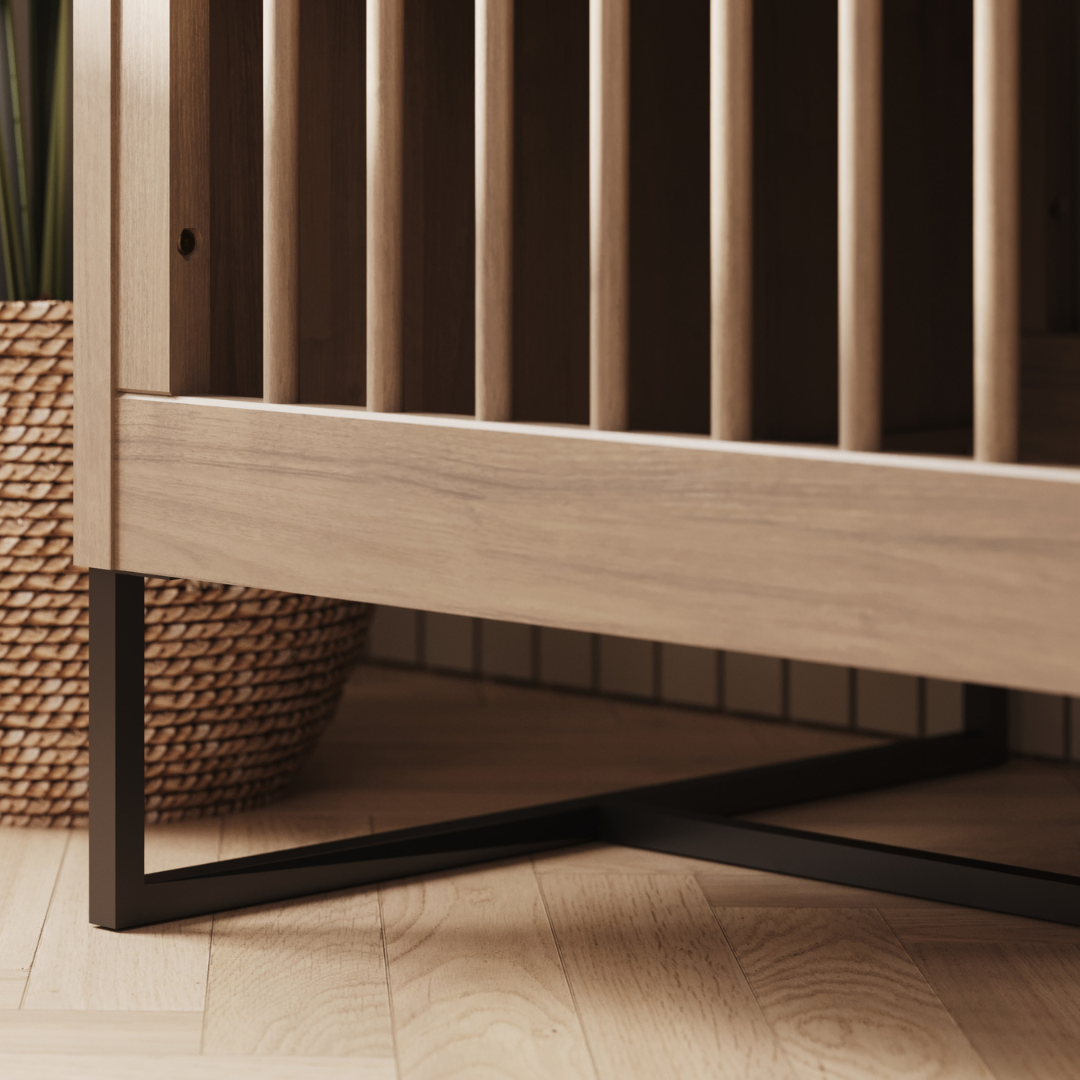
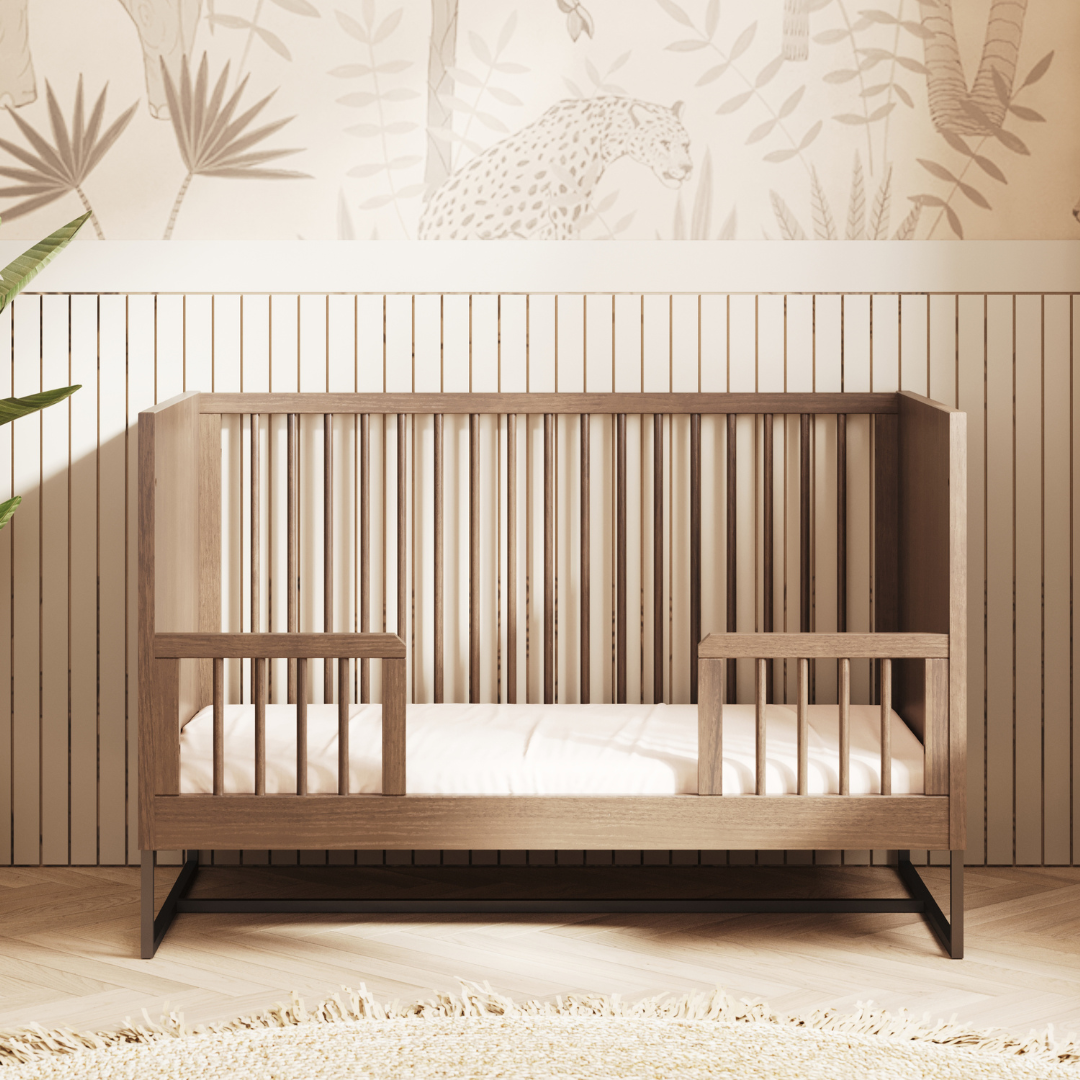
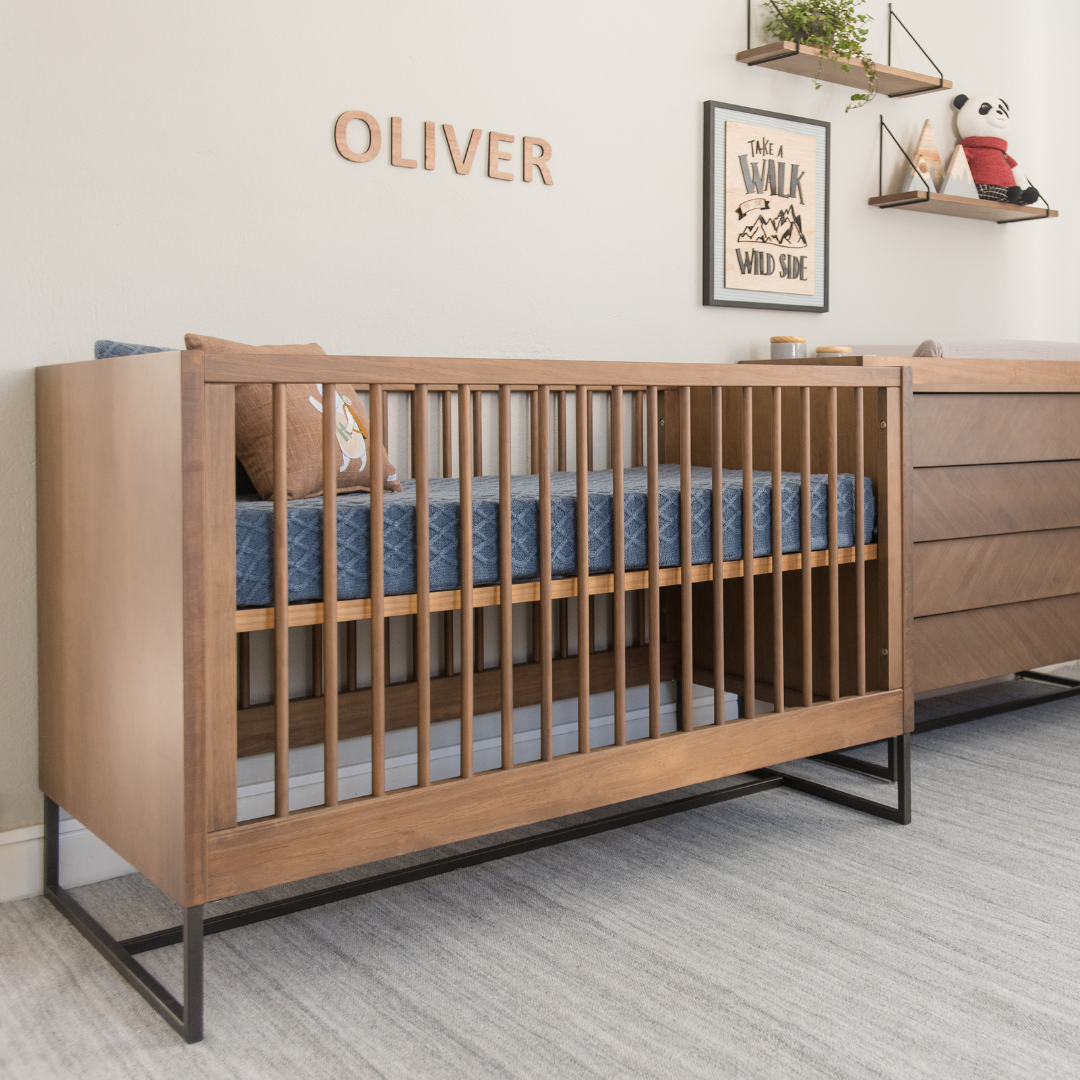
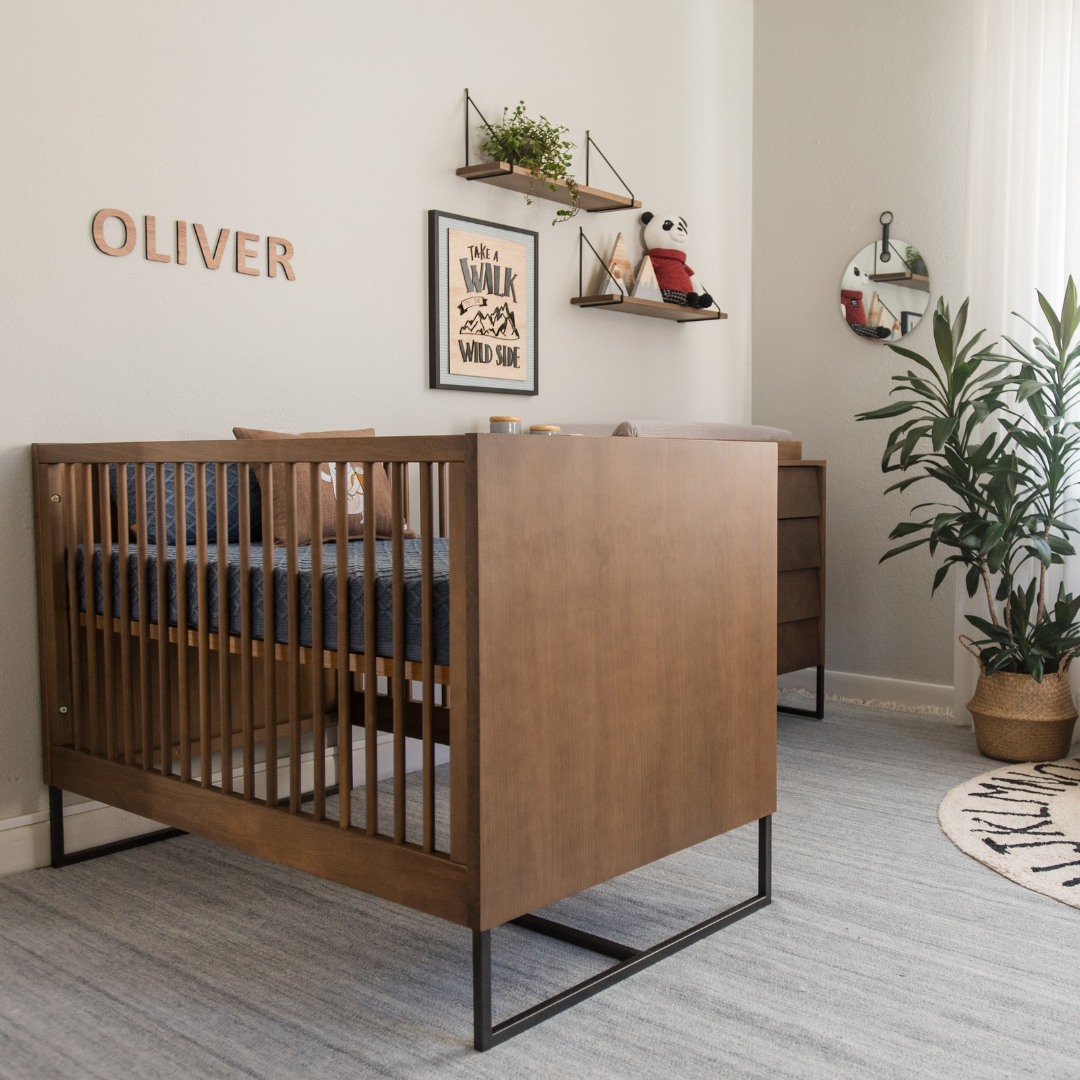
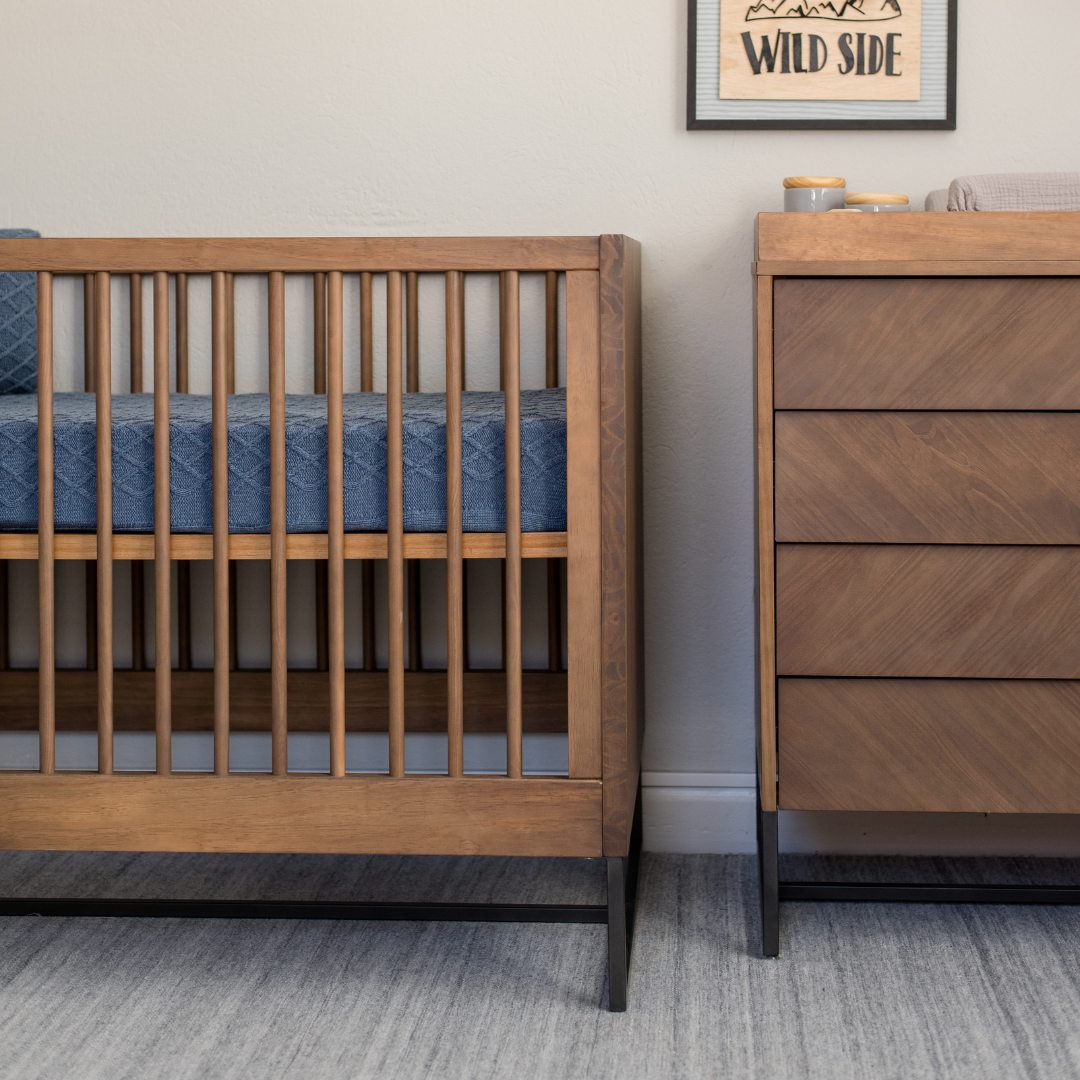
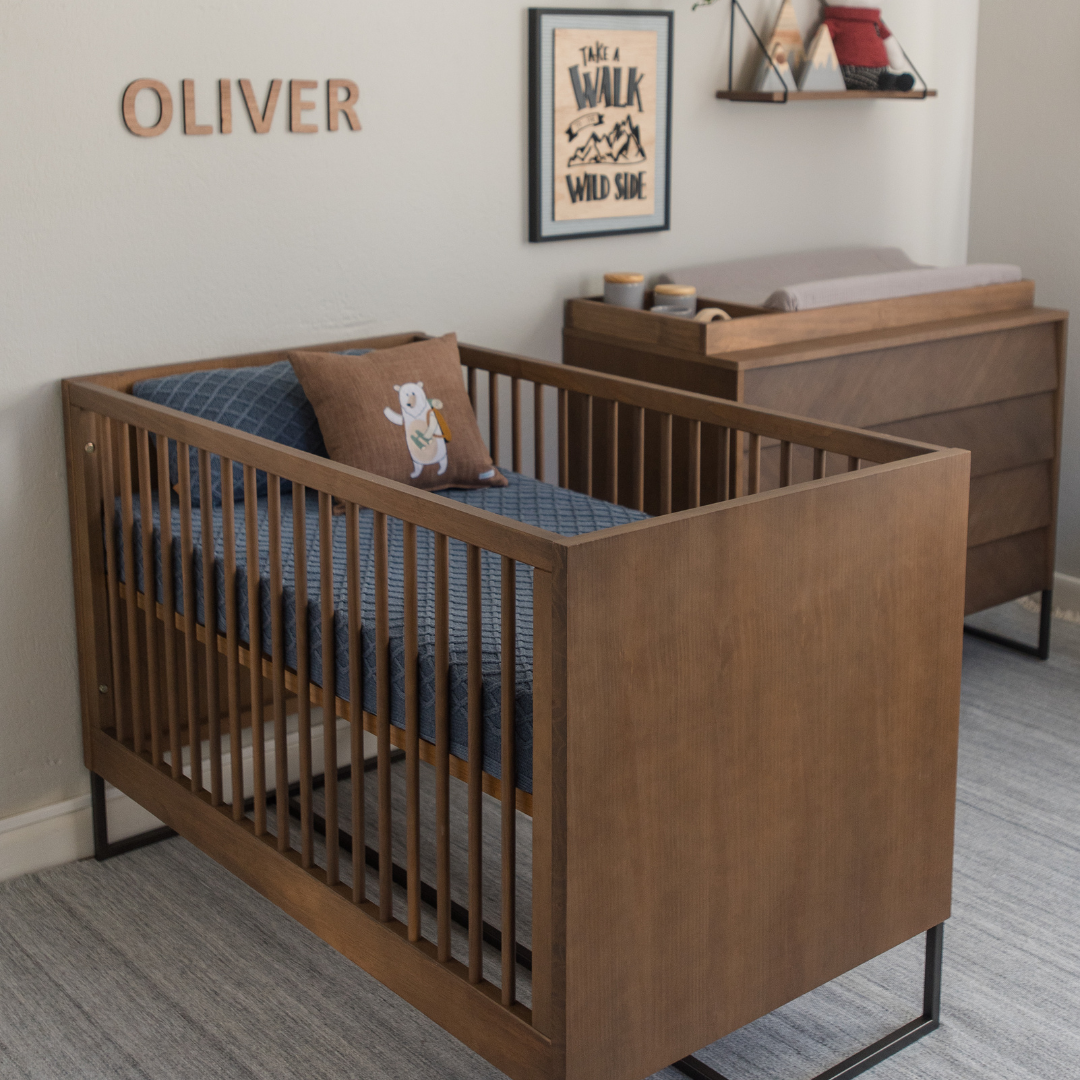
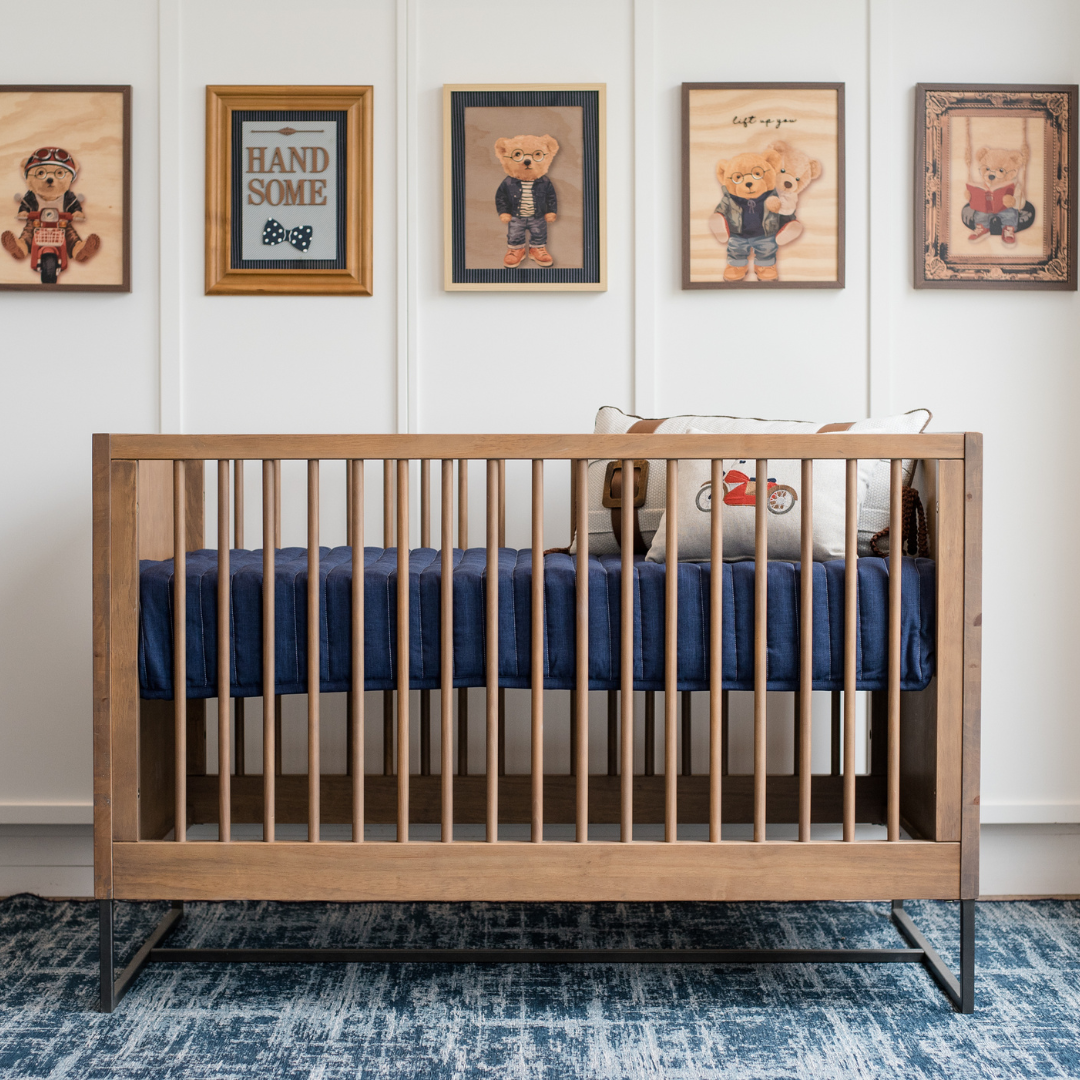
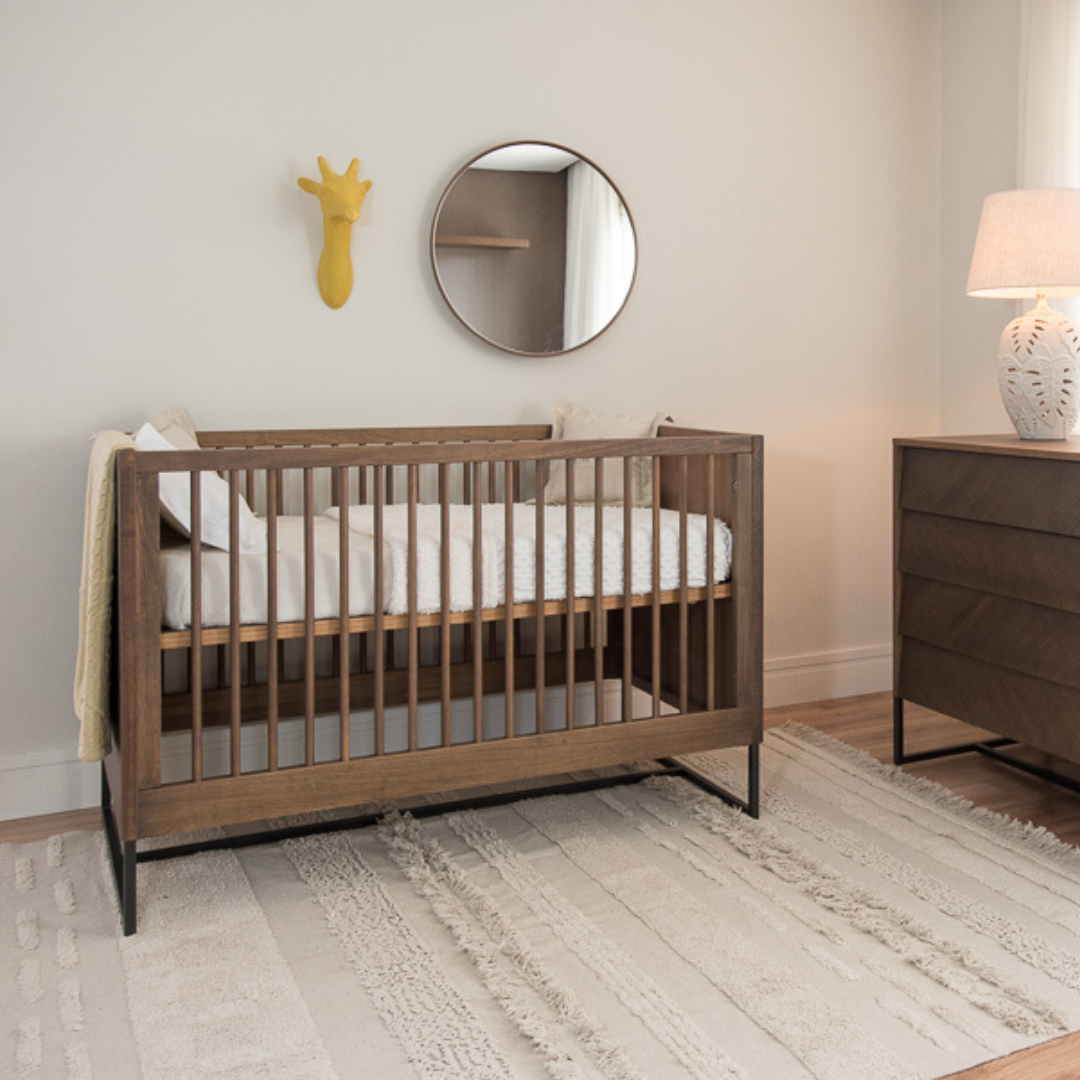
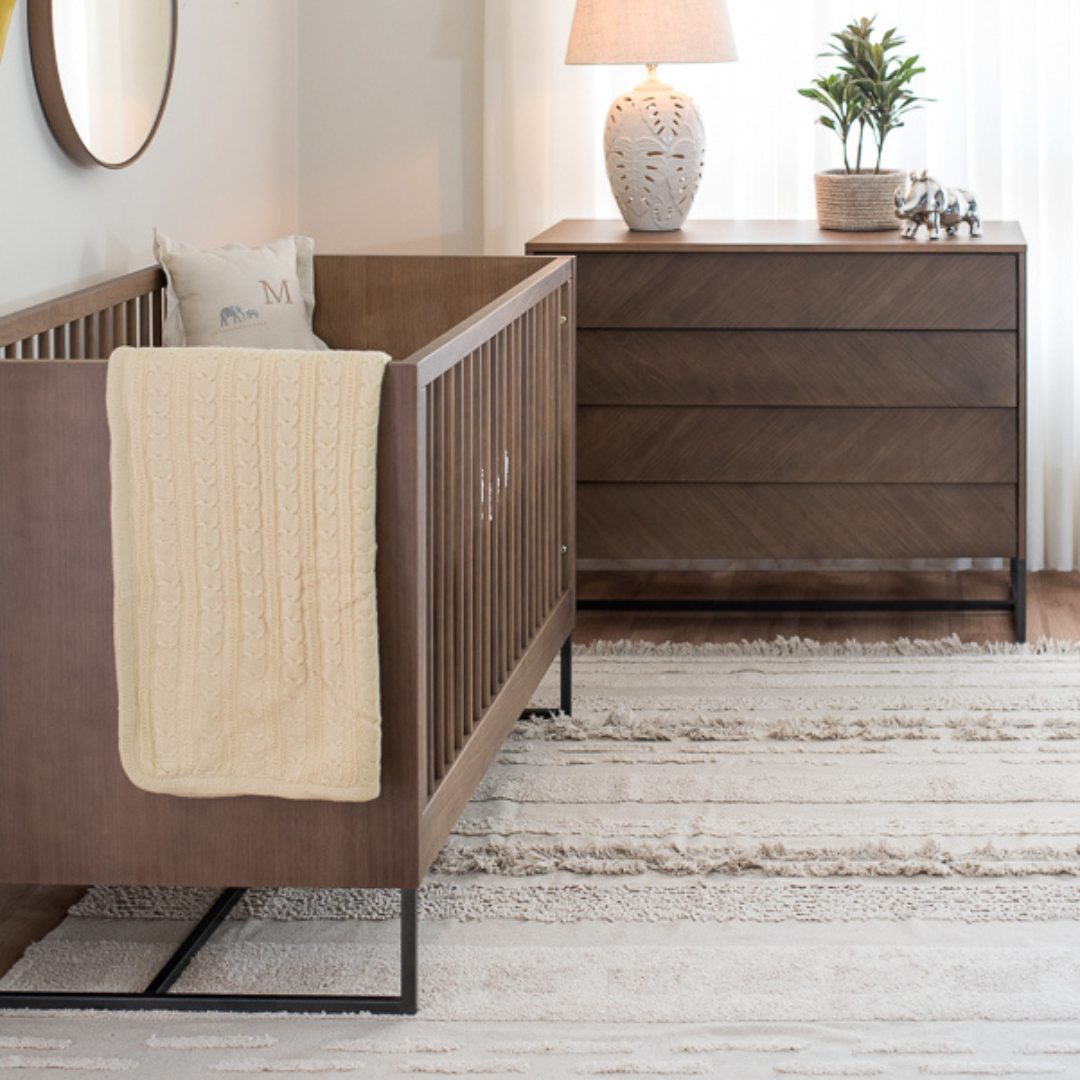
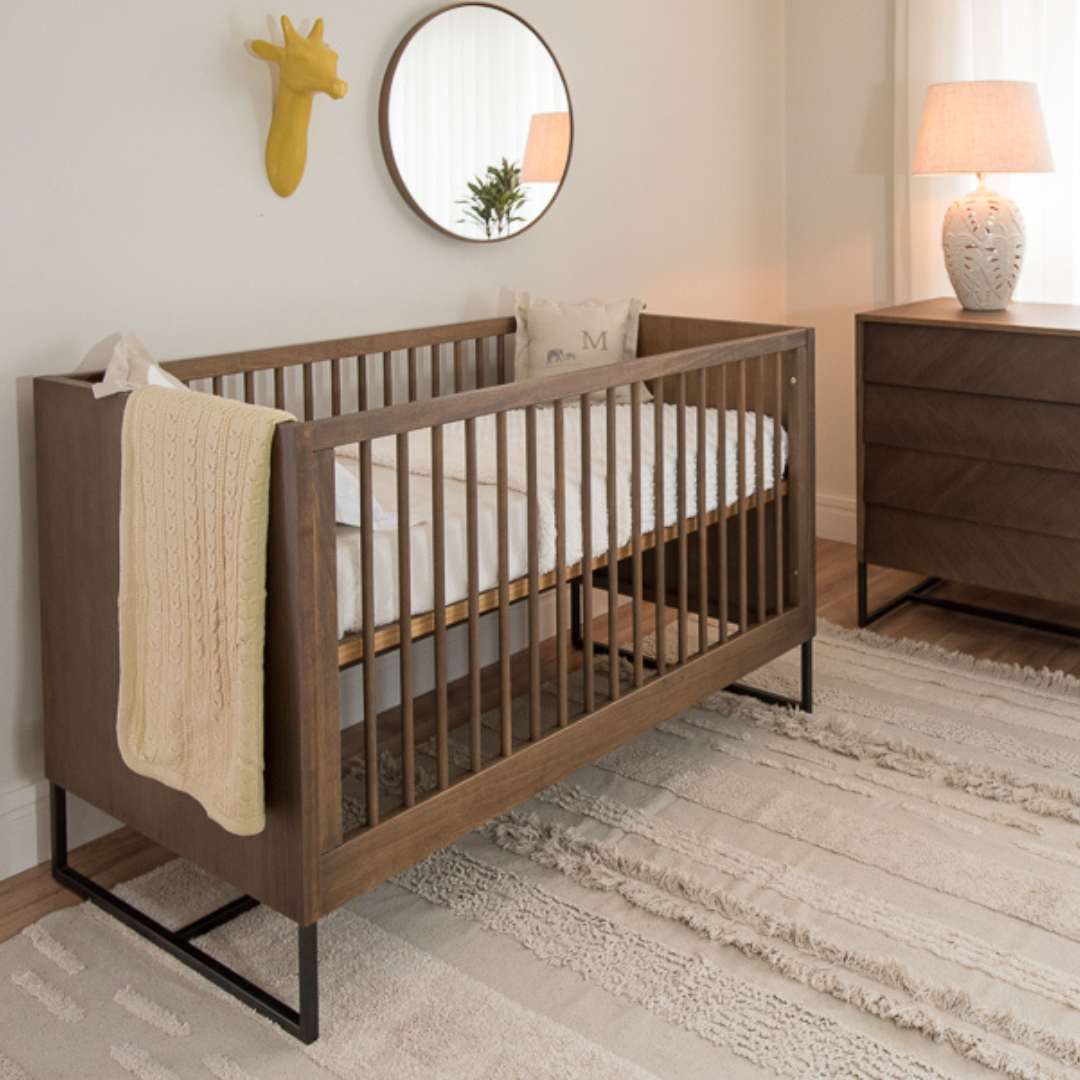
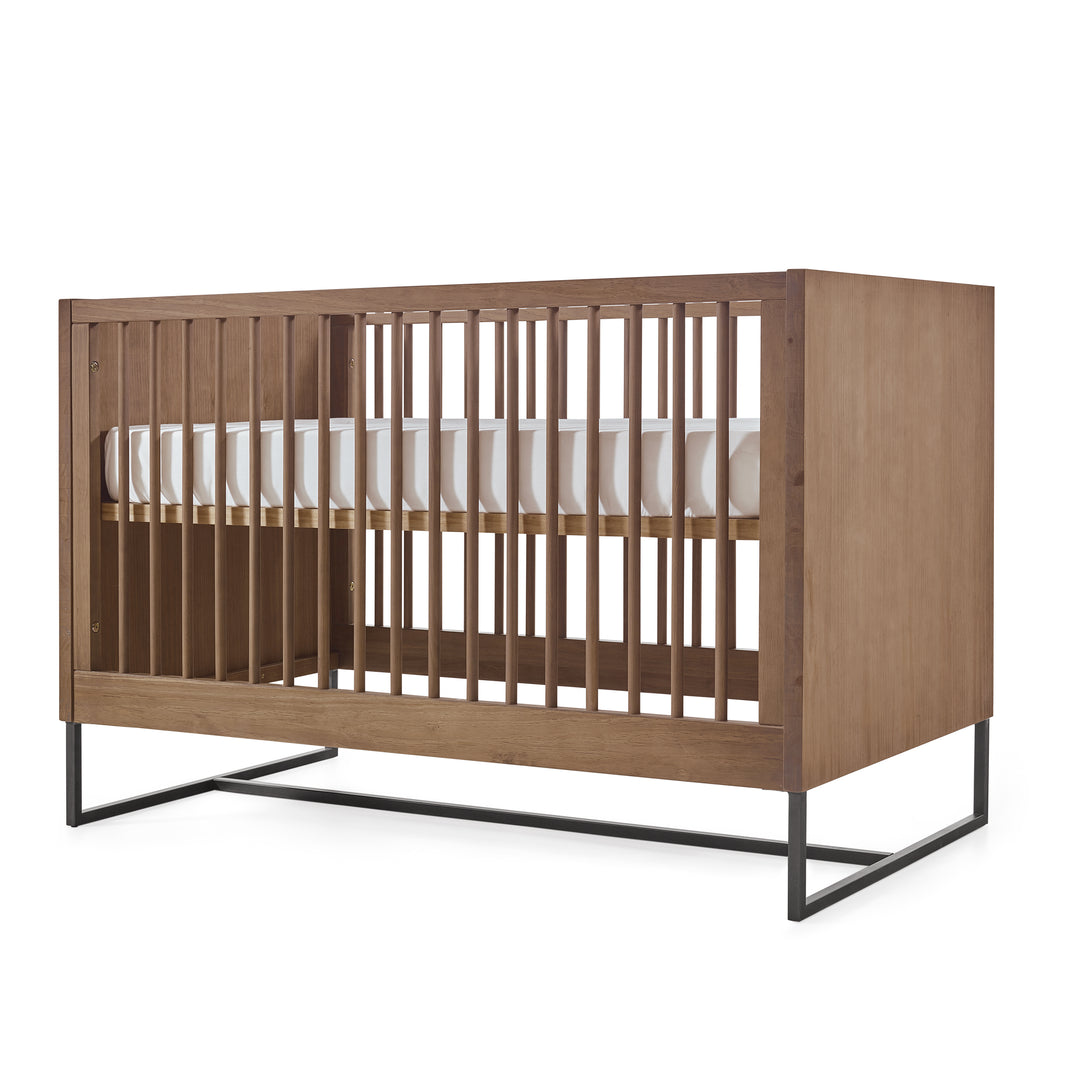
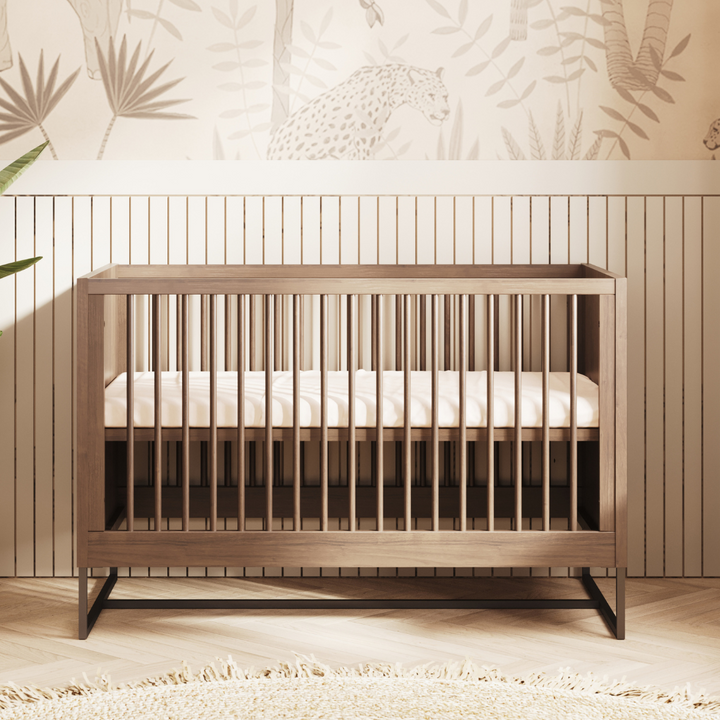
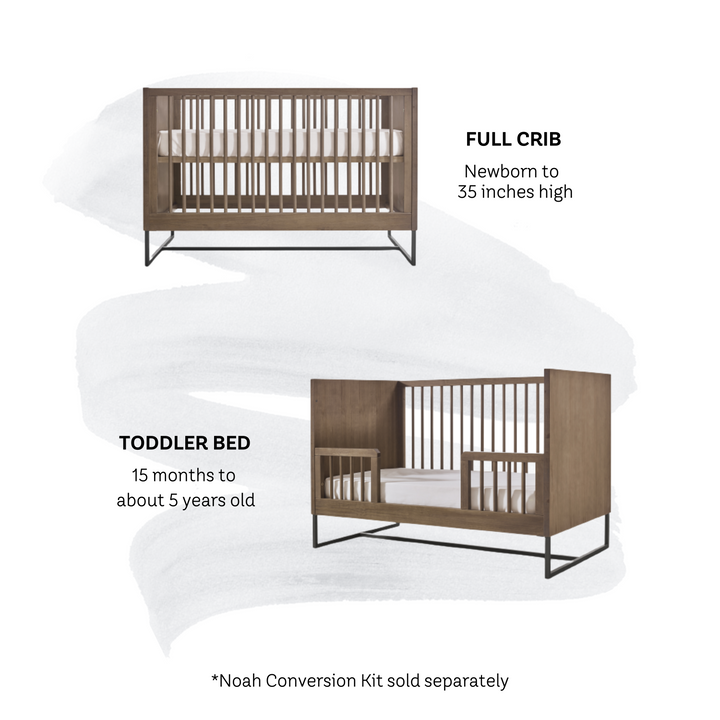
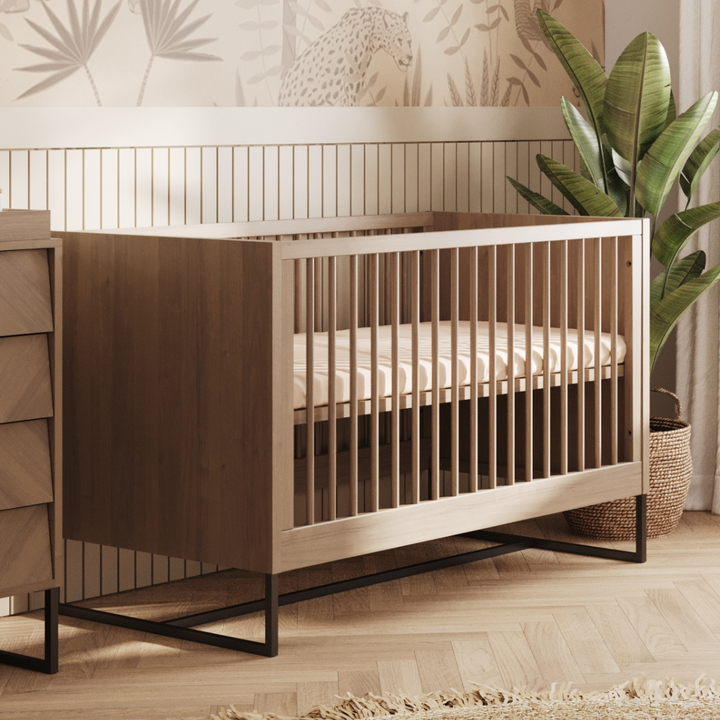

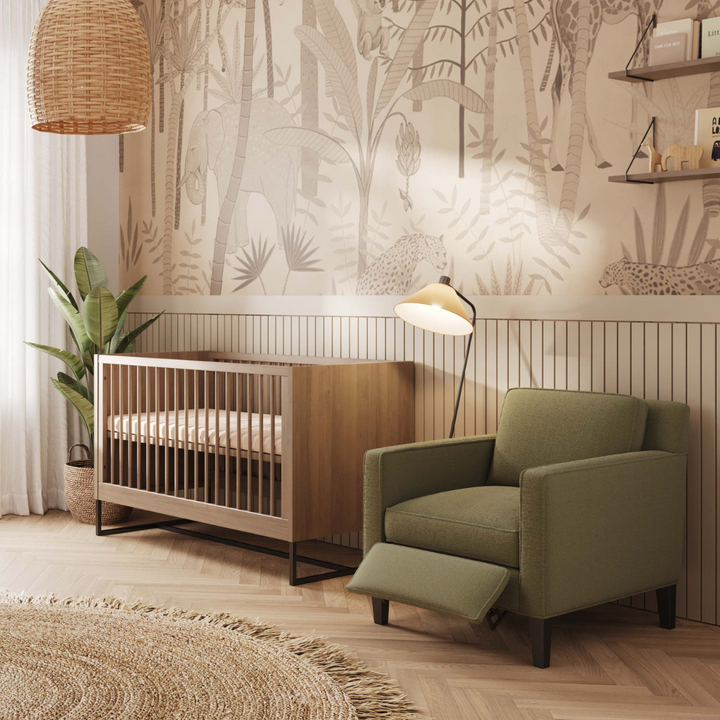
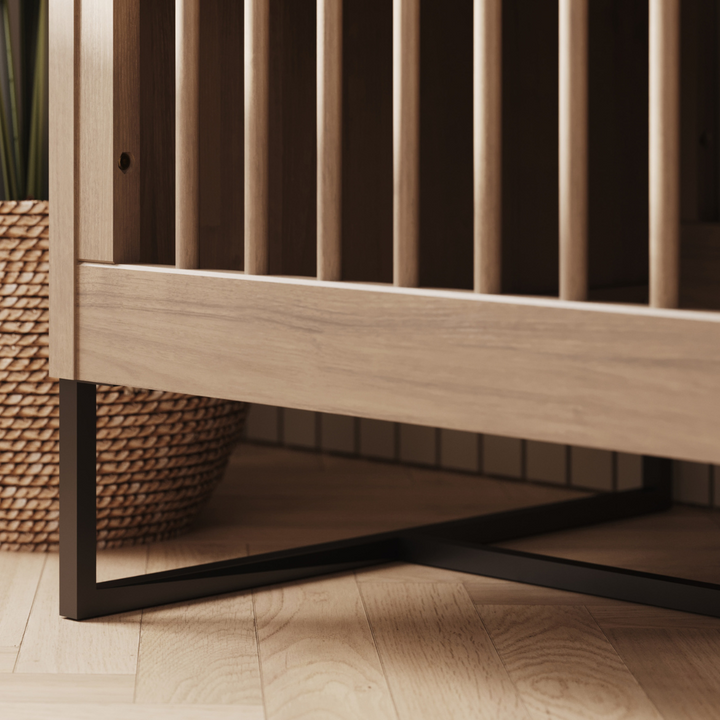
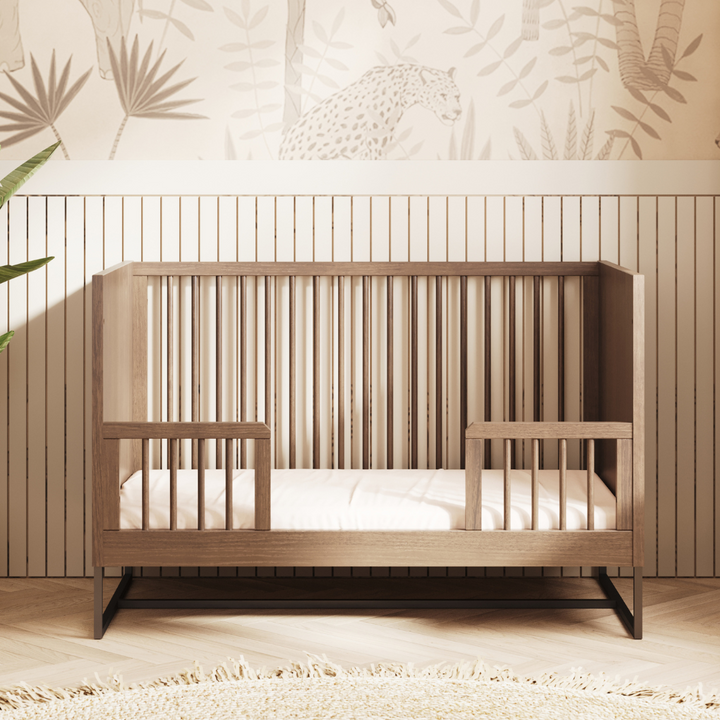
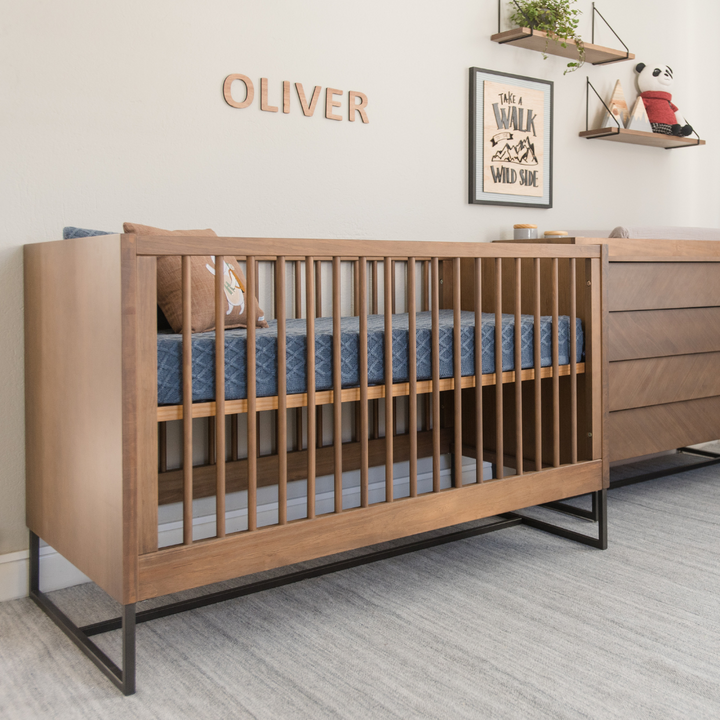
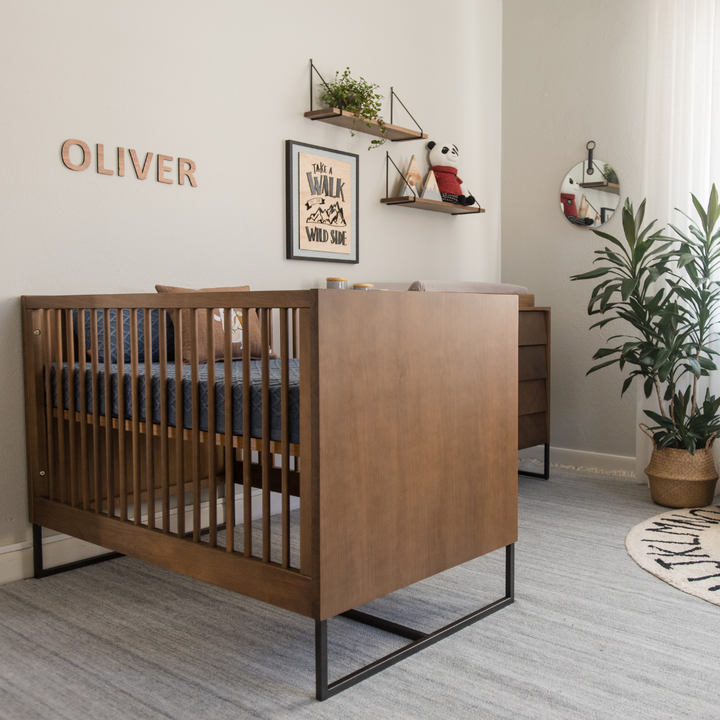
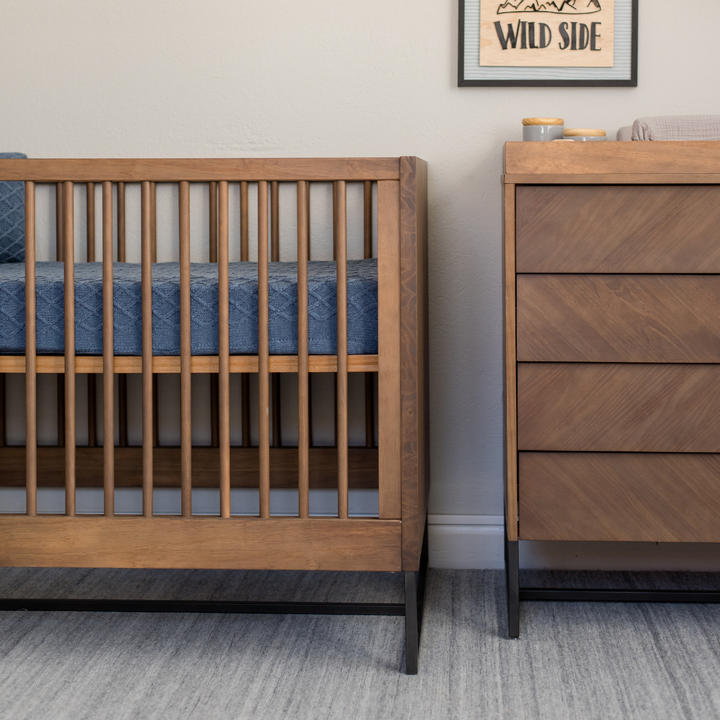
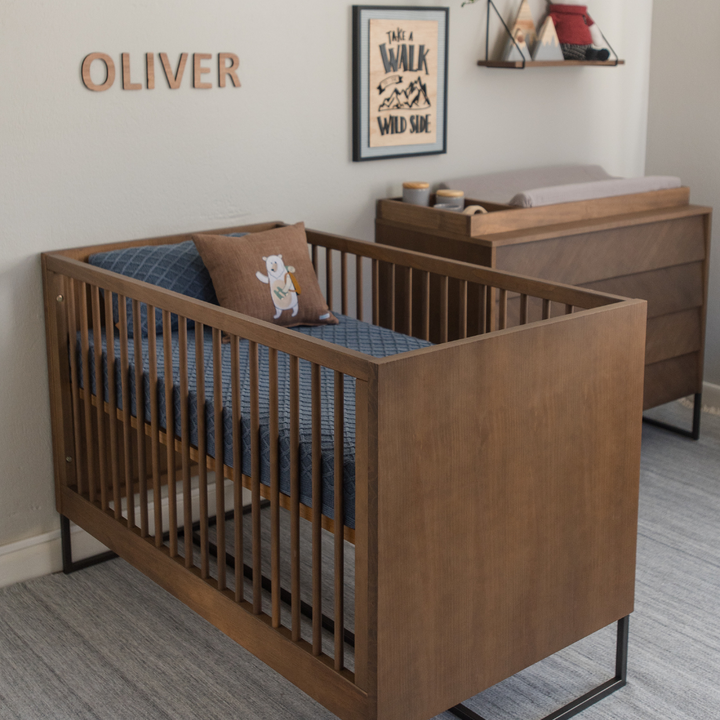
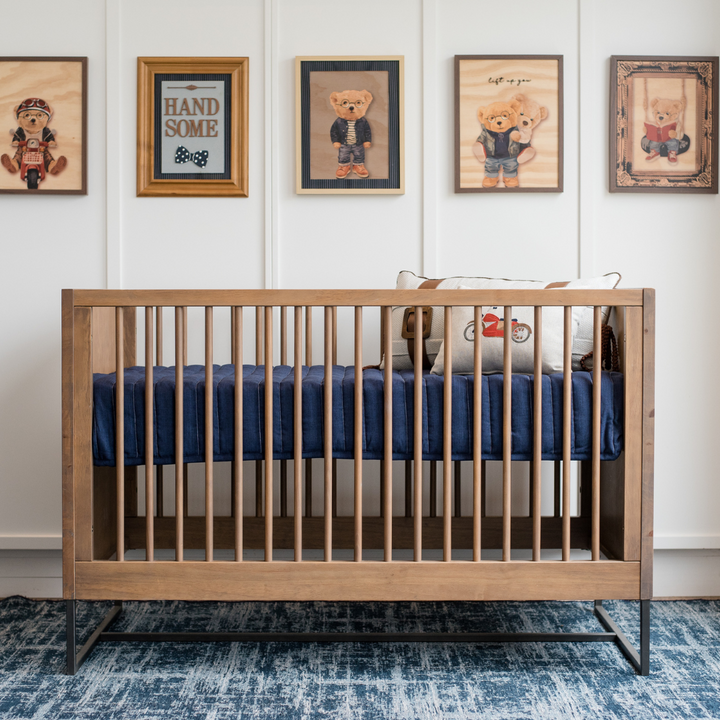
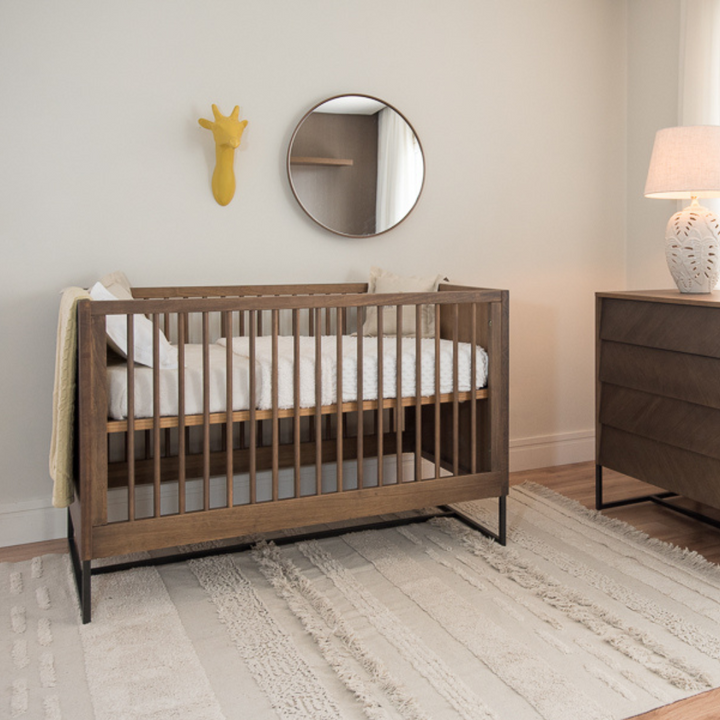
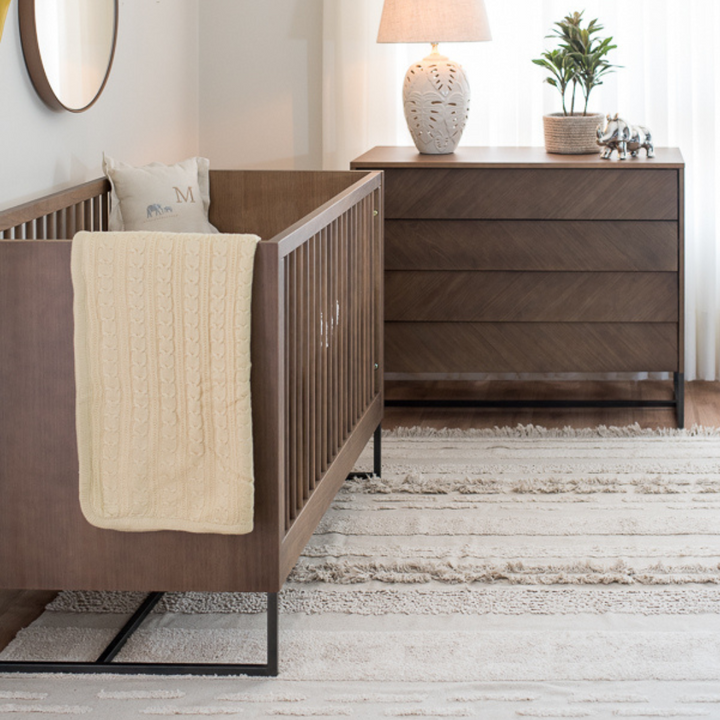
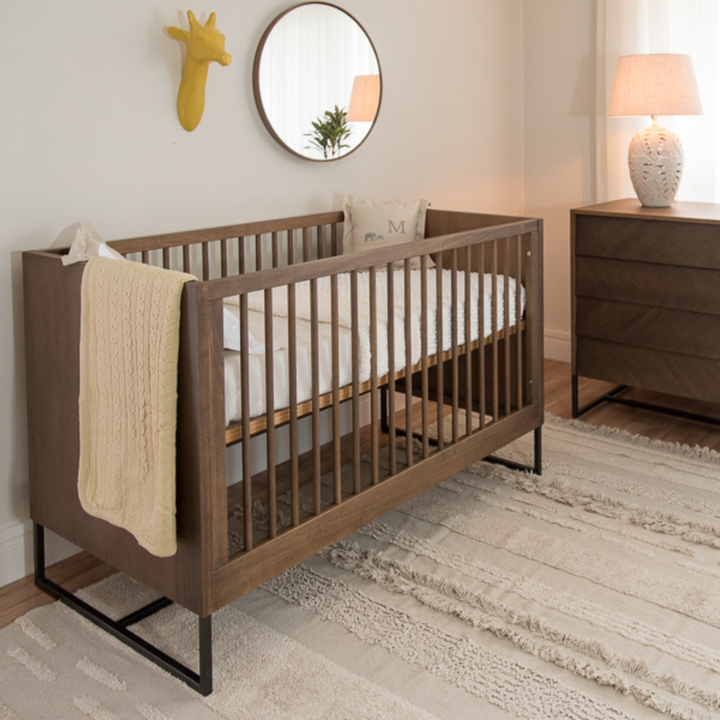
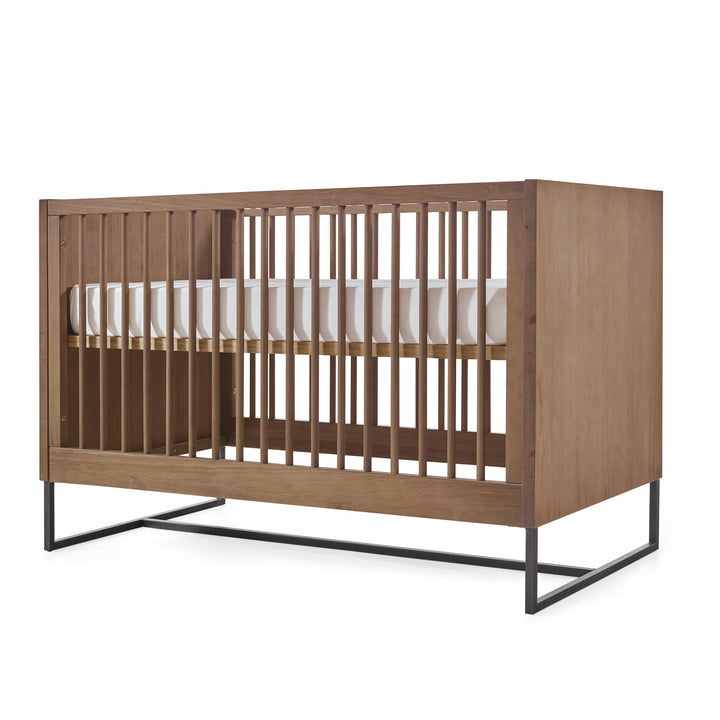
Leave a comment